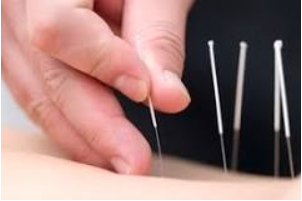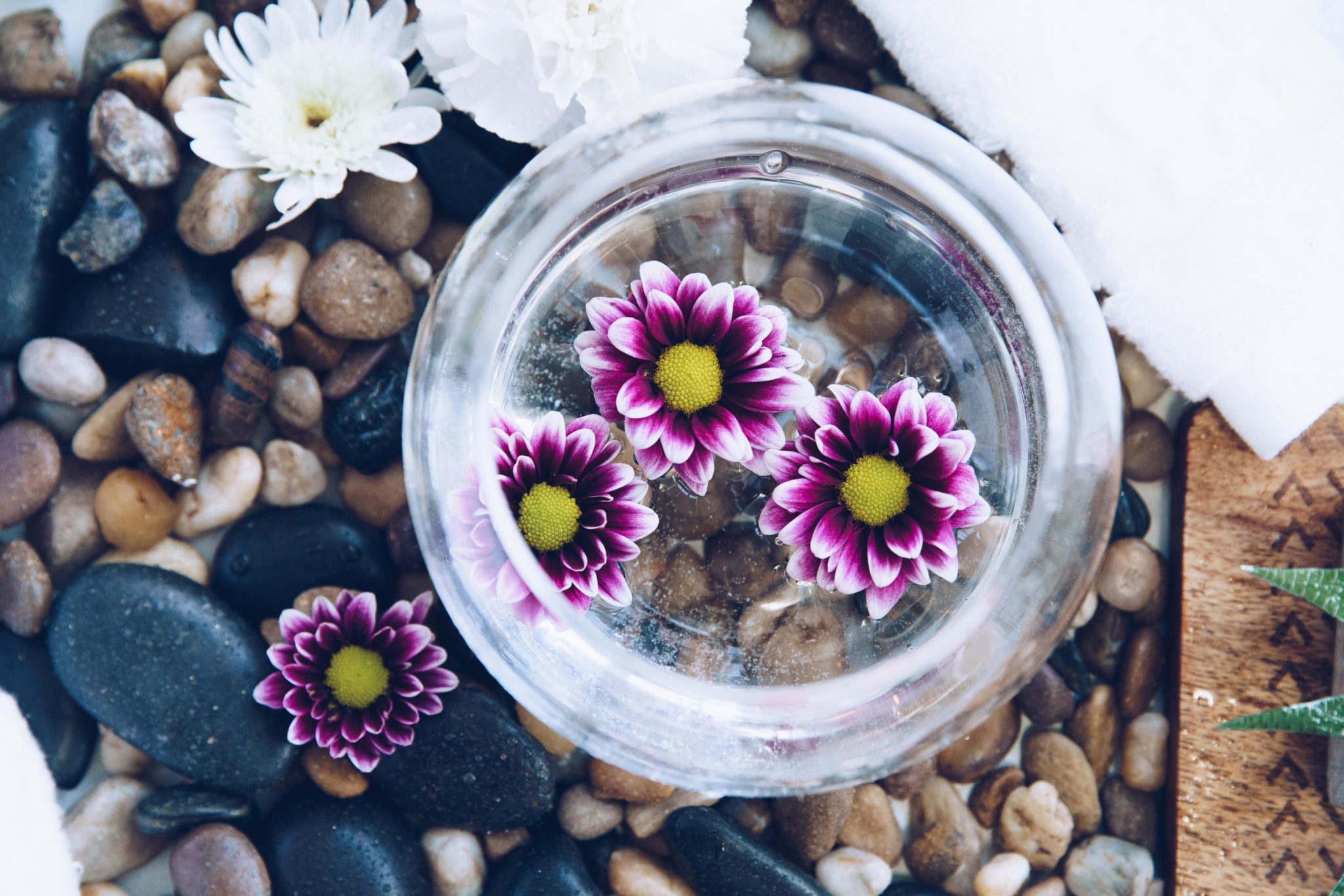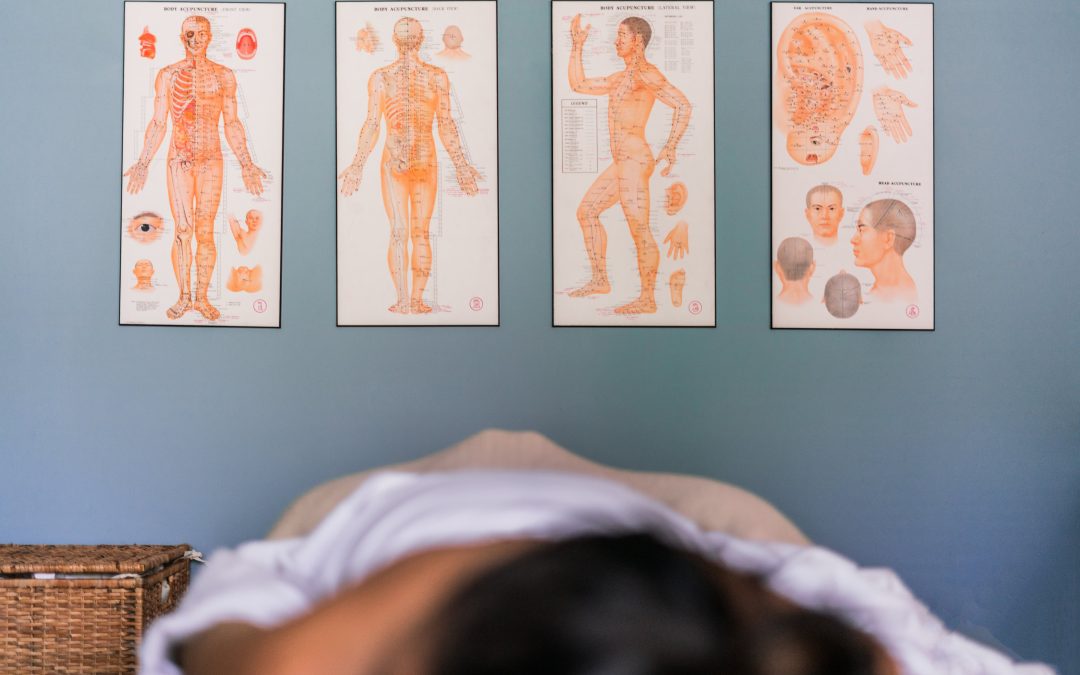A while ago I was talking to a long-time friend, describing my experience with acupuncture.
She turned and looked at me and asked, incredulously,
“So they actually put needles in you?”

It was her pure, honest response that made me smile in recognition of my own initial misgivings before taking the plunge—so to speak. In my friend’s reaction I recalled I’d had similar questions and doubts about acupuncture. So I did a little research in order to gain some understanding of the principles of acupuncture before trying it out. Here’s some of what I learned:
In traditional Chinese medicine, acupuncture is linked to the belief that disease is caused by disruptions to the flow of energy, or qi, in the body. “One major hypothesis is that acupuncture works through neurohormonal pathways. Basically, you put the needle through specific points in the body and stimulate the nerve. Alternative techniques, including acupuncture, all work by activating the body’s own self-healing mechanism.

It’s now my understanding that the body does the work to overcome the imbalance/illness. I’m comforted by that thought. And that’s the main goal of acupuncture: self-healing. Fine acupuncture needles open the “blocks,” as perceived by the practitioner, in each person’s body,
Anxiety and depression are rampant in our society; to suggest there is an easy solution to these conditions is not helpful. There are no one-size-fits-all fixes, because each of us holds stress for different reasons and in different parts of the body. The negative impact of stress/anxiety/depression on digestion and sleep can really be a big freaking deal. But understanding the causes of these conditions in each person may require unlocking the personal pathways unique to each of us. Acupuncture does just this, and in the hands of a skilled practitioner it can alleviate stress and pain levels in your body and mind.
Denise’s
 2 Cents:
2 Cents:
As for embracing alternative modalities, food, or exercise, I’m strongly suggesting that the essential factor is finding reputable practitioners/instructors/ trainers. That’s your homework. Do not take it on faith that just because someone teaches yoga, practices meditation, or performs acupuncture, that she or he can help you.
I always recommend that you consult with people you know and trust for referrals, preferably someone who has experiences with professionals they consider helpful to them,
Let me calm your fears: acupuncture needles are extremely fine. A good practitioner should not inflict pain—beyond a tiny prick—when inserting the needles. It’s typically far, far less pain than when you give blood or get a shot. Once the needles are in, there is usually no sensation at all. The hardest part can be not scratching your nose or falling asleep on the table (both totally allowed, by the way!).
